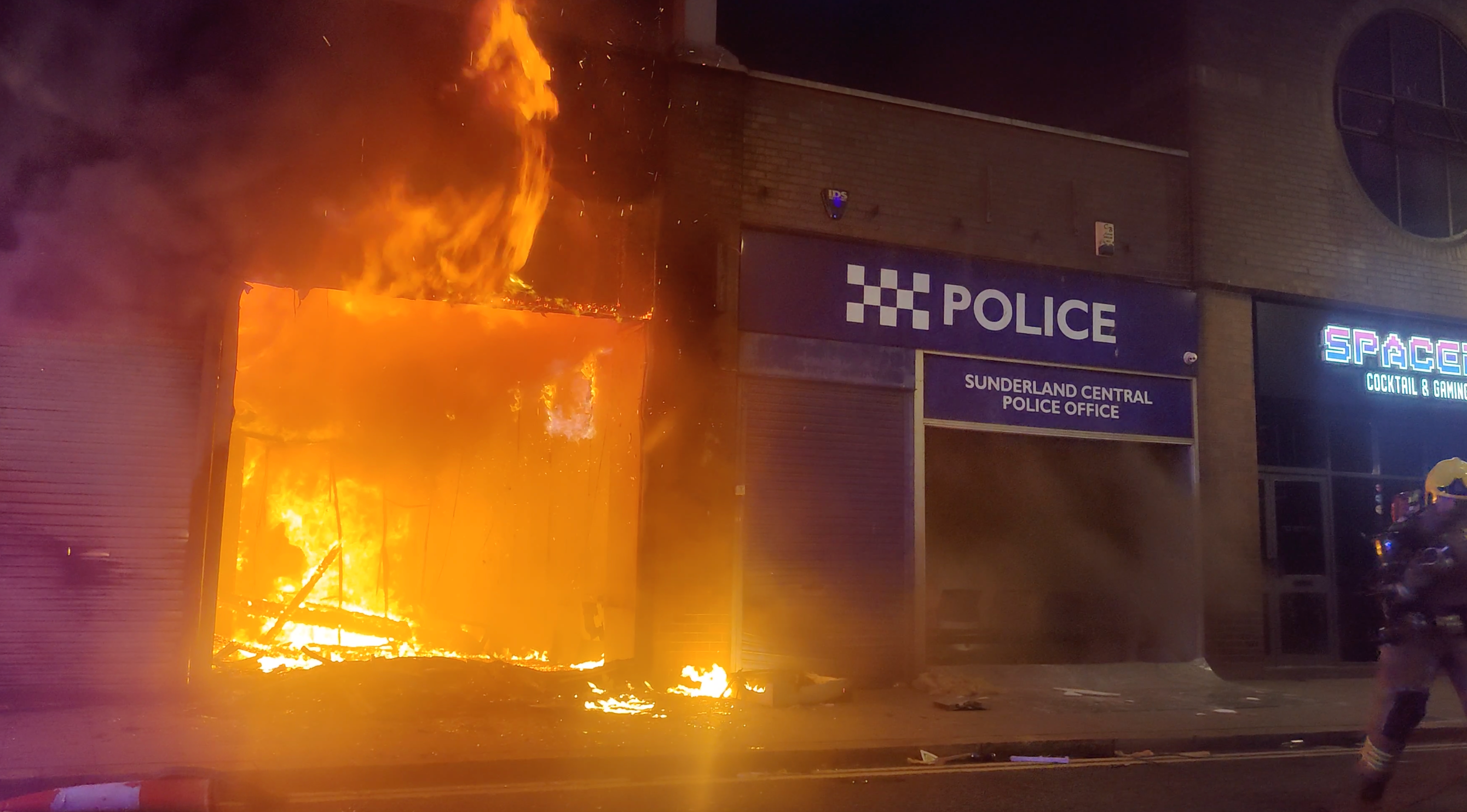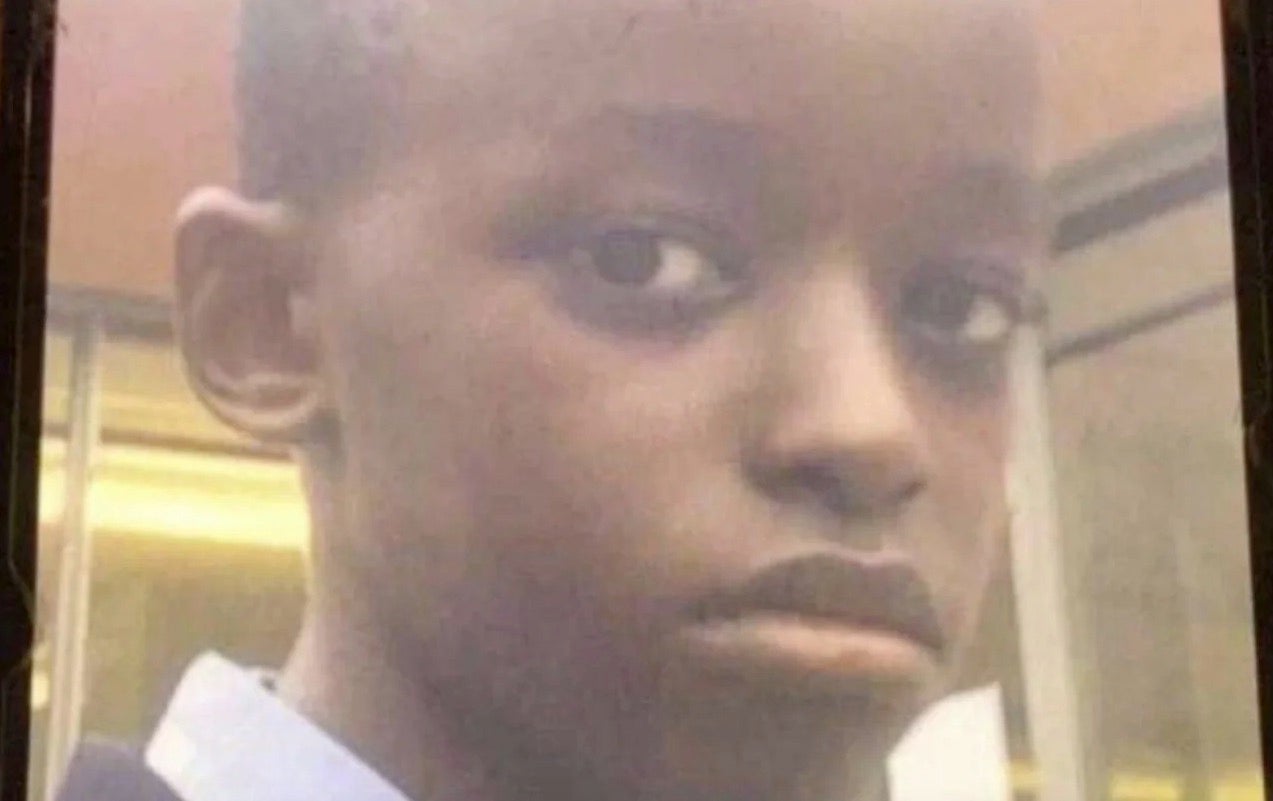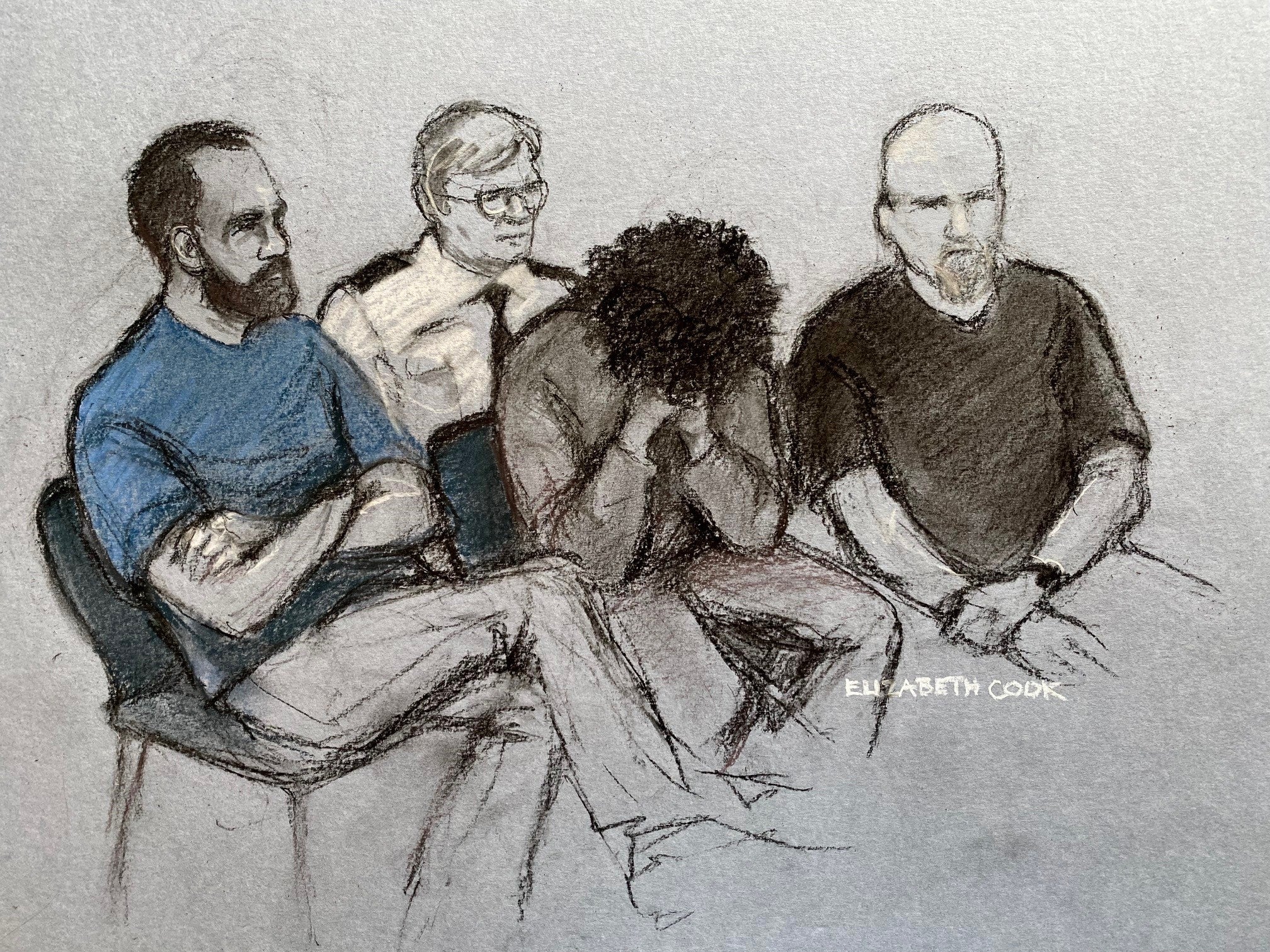Fact checked: The false far-right claims that sparked riots in Southport and across UK
Misinformation is at the source of far-right riots across the country, but although those inaccuracies have been corrected, the demonstrations are still ongoing
After three young girls were killed and a further eight children and two adults were injured at the start of this week, far-right riots have taken place across the country.
They started in Southport, near the scene of the crime, and by Wednesday they had moved down to Downing Street in London. At least 35 more protests are expected this weekend in cities throughout England, with further violence erupting in Sunderland on Friday night.
Dozens of police officers have already been injured, many of whom were hospitalised.

But the source of anger driving these protesters - beyond their longstanding frustration with a system they believe is wrongly allowing migrants and Muslims into the United Kingdom - appears to be based on inaccurate information and conspiracy.
Even now, after the misinformation has been corrected, conspiracies remain about why the identity of the Southport suspect was initially withheld, as per British law. Others suggest more information is still being kept from the public.
False: The name of the suspect
Within hours of the attack, the supposed name of the attacker was posted on social media by a channel called @artemisfornow, which has 44k followers. The name they posted was "Ali Al-Shakati".
In reality, this name was completely made up. But as Merseyside Police initially declined to identify the suspect beyond his age - a legal requirement for minors suspected of crimes - certain sections of social media quickly republished the name.
On Thursday, the judge decided not to put reporting restrictions in place preventing the suspect’s name from being published.
It was not "Ali Al-Shakati". The teenager’s name is Axel Rudakubana.

False: The suspect is a Muslim
Before the fake name was published online, an account called Europe Invasion, known to publish Islamophobic and anti-immigrant content, posted on X, formerly Twitter, claiming that the suspect was “alleged to be a Muslim immigrant”.
Where the account got their information is unclear but their post was viewed more than six million times. And as the post was accruing views, crowds of far-right protesters were swelling in Southport, ready to charge the local mosques.
In truth, Axel Rudakubana was described by neighbours as a “quiet choir boy” who comes from a family that regularly attends a Christian church.
Fake: The suspect is an immigrant
The second half of the post from Europe Invasion proved equally untrue.
It was followed by additional spurious claims that the suspect had crossed the English Channel on a small boat, which were also entirely untrue.
Rudakubana was born in Cardiff and is a British citizen. The family later moved to a quiet cul-de-sac in Banks, Lancashire.

Fake: The police withheld information for dubious reasons
Nigel Farage MP posted a video on Monday questioning whether the “truth is being withheld” from the public regarding the identity of the suspect. That later sparked conspiracies that the suspect’s past was being hidden.
These conspiracies are untrue.
The reason Rudakubana was not initially named - and further details pertaining to his identity were not published - is because of reporting restrictions.
As is standard, police did not name the person they had in custody as they continued to question him and he had not yet been charged.
After the 17-year-old was charged, under British law a minor cannot be identified until a judge rules that the suspect can be named.
This is what happened during the hearing on Thursday. The recorder of Liverpool Andrew Menary KC ruled the defendant could be named, and did not put reporting restrictions in place.
Bookmark popover
Removed from bookmarks